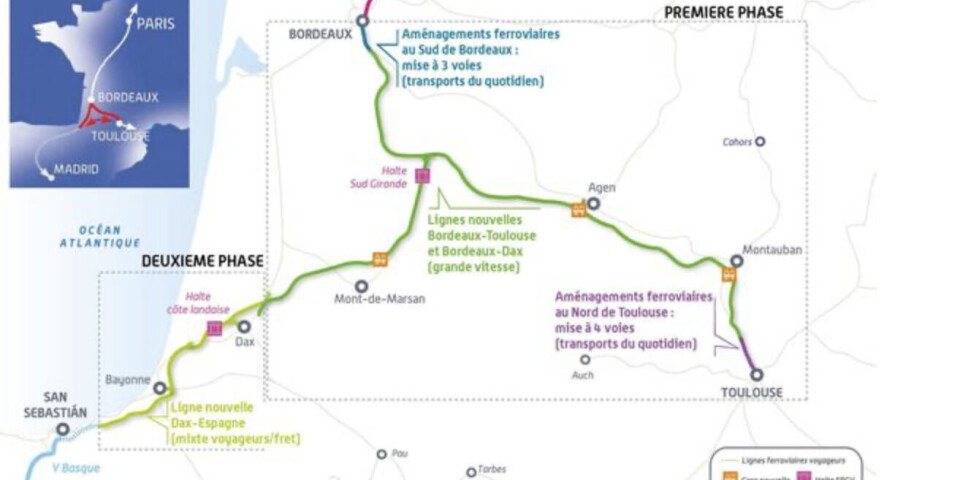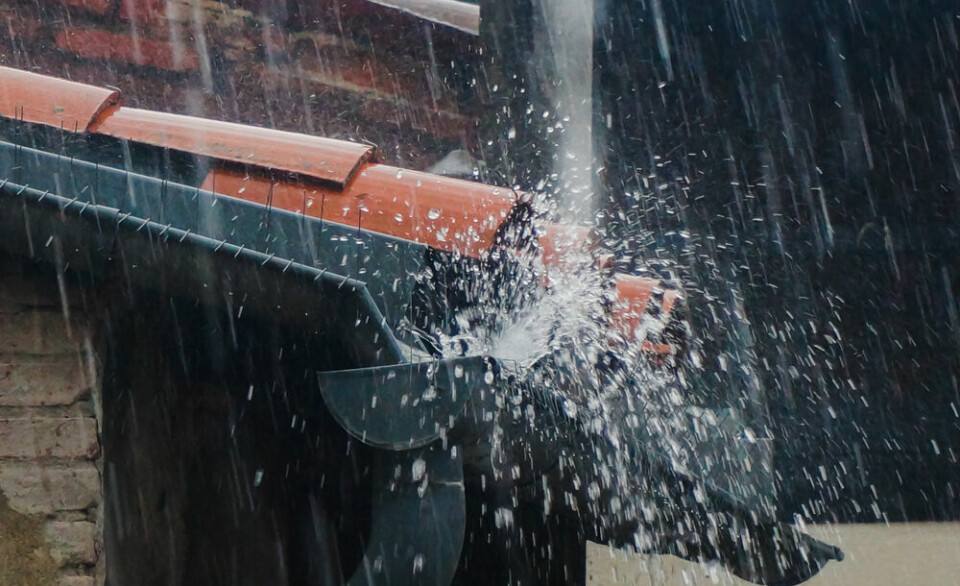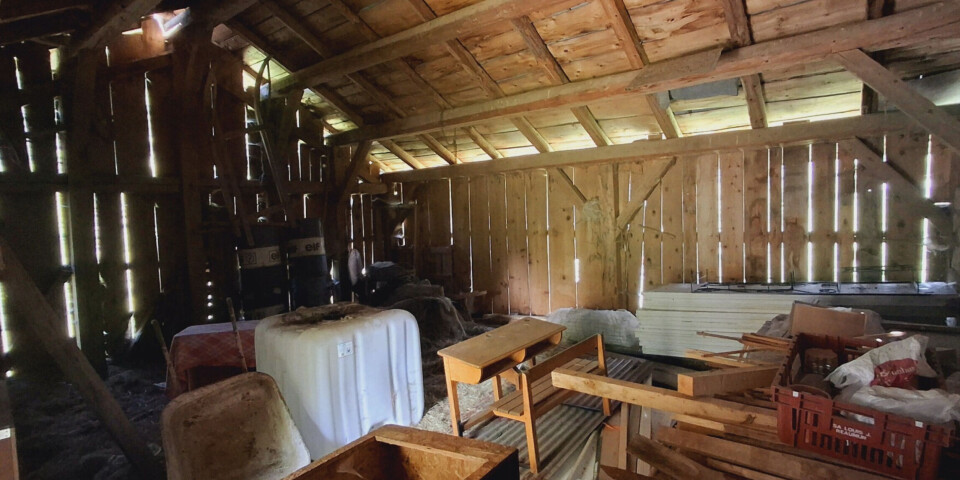‘Huge support’ for new TGV line in south-west France
87% of people in France are in favour of the project
Work on the new train line has started and is expected to be completed in 2032
GPSO
A new high-speed TGV rail line in south-west France has overwhelming public support, claims the state agency in charge of building it.
Work on the line, which will link Bordeaux, Toulouse and Dax, has started and is expected to be completed in 2032, at a cost of at least €14.3billion.
It will involve 222km of new track between Toulouse and Bordeaux and 160km of new track between Bordeaux and Dax, as well as three new stations in Mont-de-Marsan, Agen and Montauban.
It should allow TGVs to travel at up to 320km/h and will save one hour 23 minutes for passengers travelling between Paris and Toulouse.
Passengers on direct fast trains between Bordeaux and Toulouse will make the journey in one hour and five minutes, compared to the average time on existing lines of two hours and one minute.
Read more: Seat numbering system on French TGV trains to change
Almost nine out of 10 people (87%) in France are in favour of the project, while in the south-west support reached 91% in Haute-Garonne, according to a poll commissioned by SNCF Réseau and Grand Projet Ferroviaire du Sud-Ouest (GPSO), and carried out by Odoxa market research company.
It questioned 1,060 people online for the across-France section, and 2,000 people for the south-west section.
The findings are seemingly in contrast with the situation on the ground, where opponents of the scheme include the Green mayor of Bordeaux who wants to see the government spend money on improving the local rail network instead. This would allow more people in Bordeaux to use trains for work commutes.
Activists trying to protect environmentally important sites have also created protest camps along the planned line in a bid to get it re-routed.
Of particular concern is a beech wood along the banks of the Ciron river, which researchers from the National Research Institute for Agriculture, Food and Environment (Inrae) date at 40,000 years old, making it one of the oldest woods in Europe.
The GPSO says that where environmental sites are destroyed by the new railway, replacement sites will be created to compensate.




























